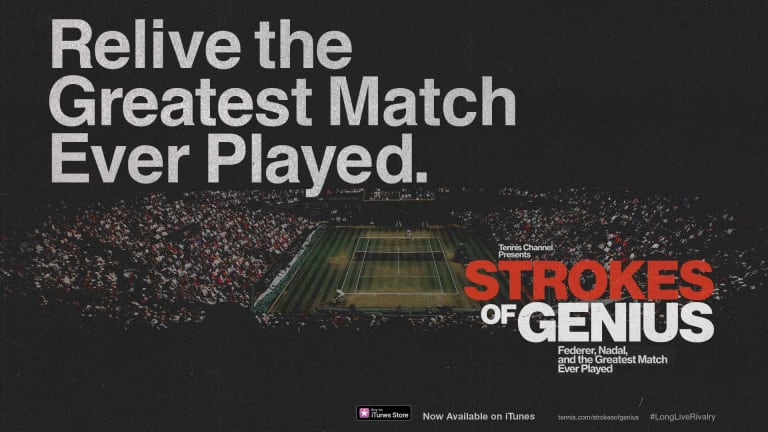LONDON—Sport is absurd, isn’t it? Gloriously, wonderfully, ridiculously absurd—which is why millions of us play it, watch it, laugh at it and cry over it.
But even by sport’s own special standards, one week in June 2018 will stand out in the memory. How could it not?
England reached the semifinals of the World Cup and Brazil didn’t. The sun shone relentlessly over the British Isles for more than four weeks, an absurd stretch considering the notorious rain that drenches Wimbledon—where predictions, expectations and the form book were scattered to the far corners of the All England Club.
Before the tournament, there had been much discussion over whether Serena Williams, whose ranking remains a reflection of her extended time off for childbirth, should be given a seeded position in the draw. Taking a deep breath, the seeding committee decided to place her at No. 25. That meant the former Australian Open finalist Dominika Cibulkova was deprived of a protected place in the draw.
Serena Williams reaches the fourth round:
